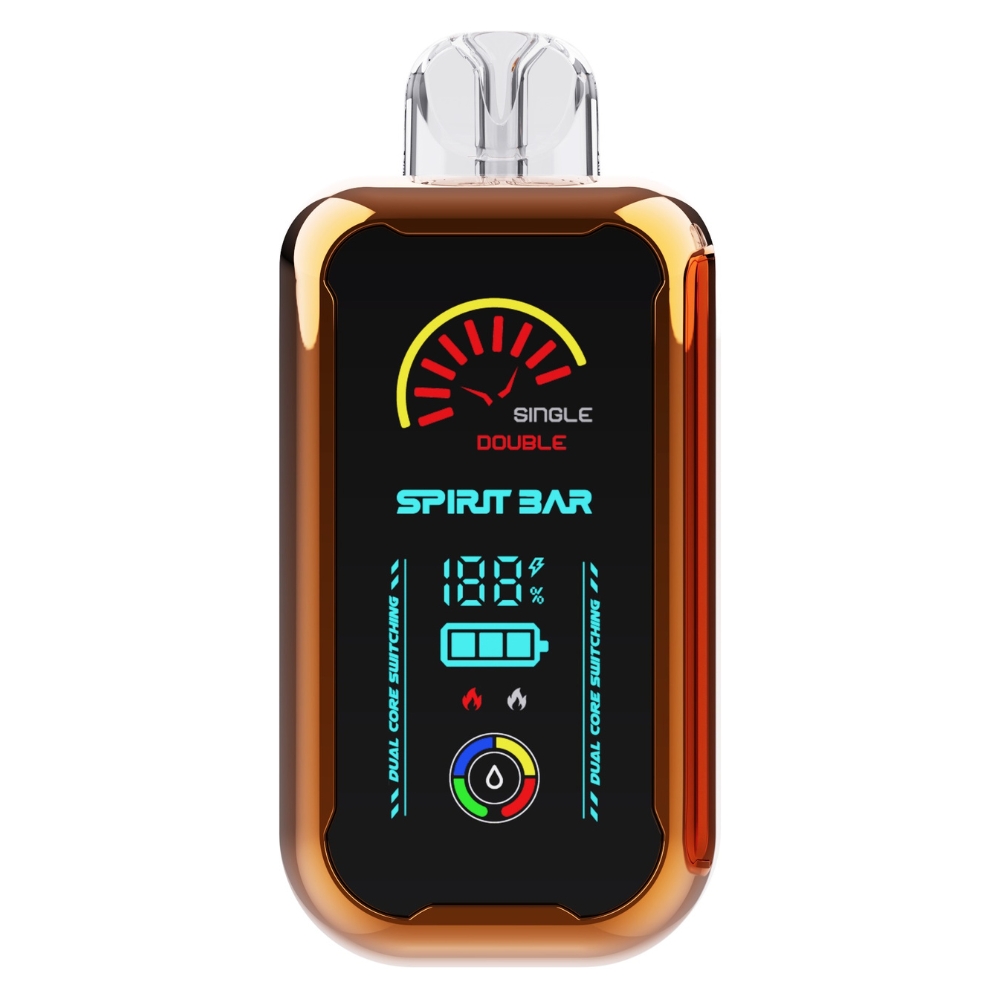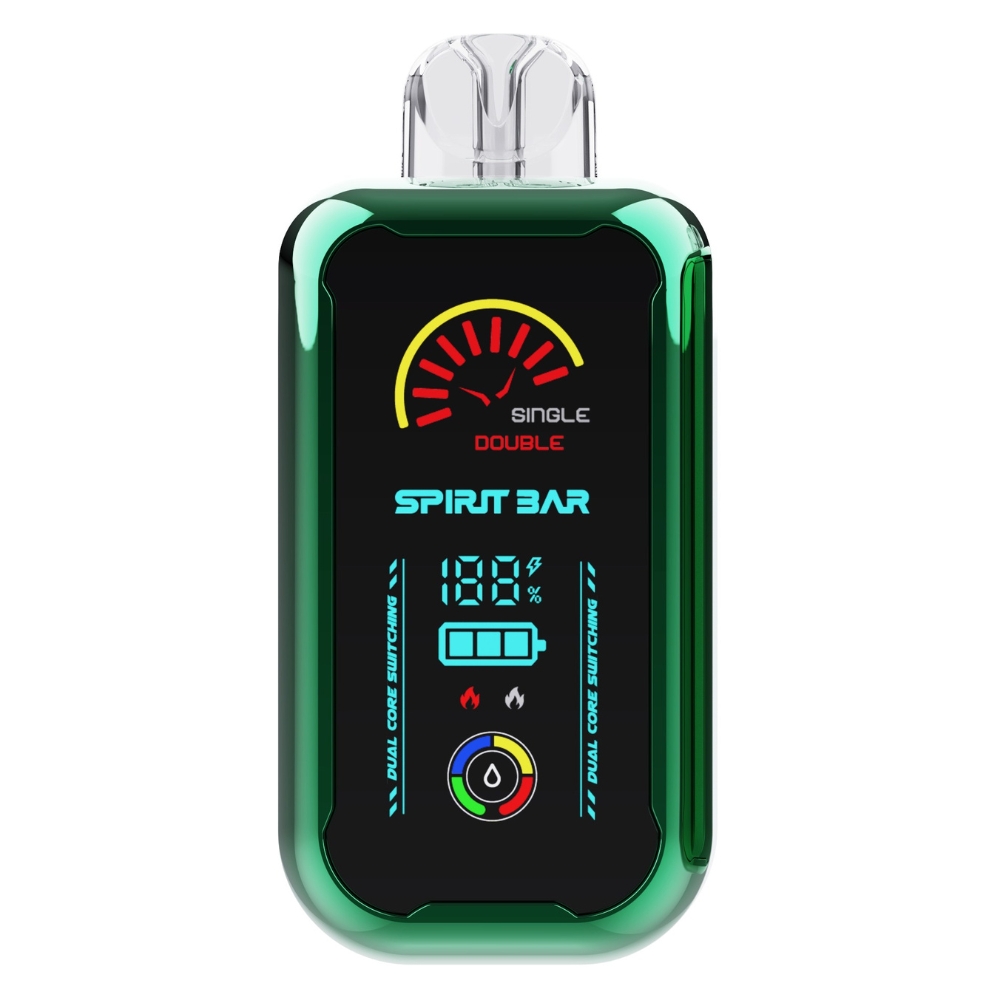Can Kids Buy Nicotine-Free Vapes? A Guide to Vaping Laws for Minors
If you’re a parent concerned about your child vaping, you may be wondering if it’s legal for minors to purchase nicotine-free vapes. The answer is yes, in most states, it is legal for minors to purchase nicotine-free vapes. However, it’s important to note that laws regarding vaping and minors can vary by state and local jurisdiction.
While nicotine-free vapes are legal for minors to purchase, it’s still important for parents to talk to their children about the risks associated with vaping. Nicotine-free vapes may not contain addictive nicotine, but they can still contain other harmful chemicals and toxins. Additionally, vaping can lead to a lifelong addiction to nicotine, which can have serious health consequences. As a parent, it’s important to have open and honest conversations with your children about the dangers of vaping and to encourage them to make healthy choices.
Understanding Vapes
https://www.youtube.com/watch?v=zNXmhSG0bKk&embed=true
Vapes, also known as e-cigarettes, are battery-operated devices that heat up a liquid (e-juice) to create an aerosol that is inhaled. Vaping has become increasingly popular in recent years, especially among teenagers and young adults.
What are Nicotine Free Vapes?
Nicotine free vapes are e-cigarettes that do not contain nicotine. Instead, they use flavored e-juices that are free of nicotine. These vapes are often marketed as a healthier alternative to traditional cigarettes, as they do not contain the harmful chemicals found in tobacco smoke.
Popularity Among Kids
While nicotine free vapes may seem like a safer option, they are still not meant for kids. In fact, many experts believe that the popularity of nicotine free vapes among kids is a cause for concern.
According to the Centers for Disease Control and Prevention (CDC), the use of e-cigarettes among youth has increased dramatically in recent years. In 2019, more than 5 million middle and high school students reported using e-cigarettes in the past 30 days. This trend is particularly alarming given that vaping can have negative health effects, even without nicotine.
Parents and guardians should be aware of the potential risks associated with vaping, even if their child is using a nicotine free vape. It is important to talk to your child about the dangers of vaping and to discourage them from using any type of e-cigarette.
Legal Aspects
If you’re wondering whether kids can buy nicotine free vapes, the answer is not straightforward. While it is legal for minors to vape without nicotine in most states in the US, there are still some legal restrictions to be aware of.
Age Restrictions on Vape Products
In most states, the legal age to purchase vape products is 21. This includes nicotine-free vapes as well. Some states, however, have lower age limits for nicotine-free vapes. For example, in Washington, the minimum legal age to purchase vapor products is 18, while in Oregon, it is 21.
It’s important to note that even if it is legal for minors to purchase nicotine-free vapes in your state, it may still be illegal for them to possess or use them. Some states have laws that prohibit minors from possessing or using vapor products, regardless of whether they contain nicotine or not.
Online Purchasing Laws
The Preventing Online Sales of E-Cigarettes to Children Act was created in 2019 to reduce children and teens’ access to online sales of smokeless tobacco products. According to a 2020 study by the Centers for Disease Control and Prevention (CDC), 85% of high school students and 74% of middle school students who used tobacco products in the past reported using flavored tobacco products.
While the federal law allows 18-year-olds to purchase tobacco products, including vapes, some states put the minimum age at 21. It’s important to check your state’s laws before purchasing nicotine-free vapes online.
Overall, while it may be legal for minors to purchase nicotine-free vapes in some states, there are still restrictions to be aware of. It’s important to check your state’s laws and regulations before making any purchases.
Health Implications
https://www.youtube.com/watch?v=rfJu7rnBIxI&embed=true
If you are considering allowing your child to use nicotine-free vapes, it is important to understand the potential health implications. While vaping without nicotine may seem like a safer alternative to traditional smoking, there are still some risks to consider.
Effects on Child Development
Nicotine-free vaping may still have an impact on your child’s development. According to a CDC report, nicotine is highly addictive and can harm adolescent brain development, which continues into the early to mid-20s. Although nicotine-free vaping eliminates the risk of addiction, it may still have a negative impact on your child’s brain development.
Long Term Health Risks
While the long-term health risks of vaping without nicotine are not yet fully understood, there are some potential risks to consider. According to an article published in Medical News Today, vaping without nicotine can still cause side effects such as throat and mouth irritation, coughing, and nausea. Additionally, a 2018 study found that exposure to vaping without nicotine can cause an inflammatory response in immune system cells.
It is important to note that while vaping without nicotine may be less harmful than traditional smoking, it is not completely risk-free. As a parent, it is important to carefully consider the potential risks before allowing your child to use nicotine-free vapes.
Parental Guidance
As a parent, it’s important to be aware of your child’s activities and behaviors, including whether or not they vape. Even if the vape is nicotine-free, it’s still not a healthy habit for children to have. Here are some tips for discussing vaping with your child.
Signs Your Child Might be Vaping
It can be difficult to know if your child is vaping, but there are some signs that you can look out for. Some of the most common signs include:
- Unusual smells, such as sweet or fruity scents
- Increased thirst
- Nosebleeds
- Coughing
- Irritability
- Changes in behavior or mood
If you notice any of these signs, it’s important to talk to your child about vaping.
How to Discuss Vaping with Your Child
When discussing vaping with your child, it’s important to approach the conversation in a non-judgmental way. Here are some tips to help you get started:
- Start the conversation by asking your child what they know about vaping. This will give you a better idea of their understanding of the topic.
- Explain the risks associated with vaping, including the potential for addiction and the harmful chemicals that can be found in vape juice.
- Let your child know that you are there to support them and that you want to help them make healthy choices.
- Encourage your child to ask questions and express their concerns.
By having an open and honest conversation with your child, you can help them make informed decisions about their health and well-being.


